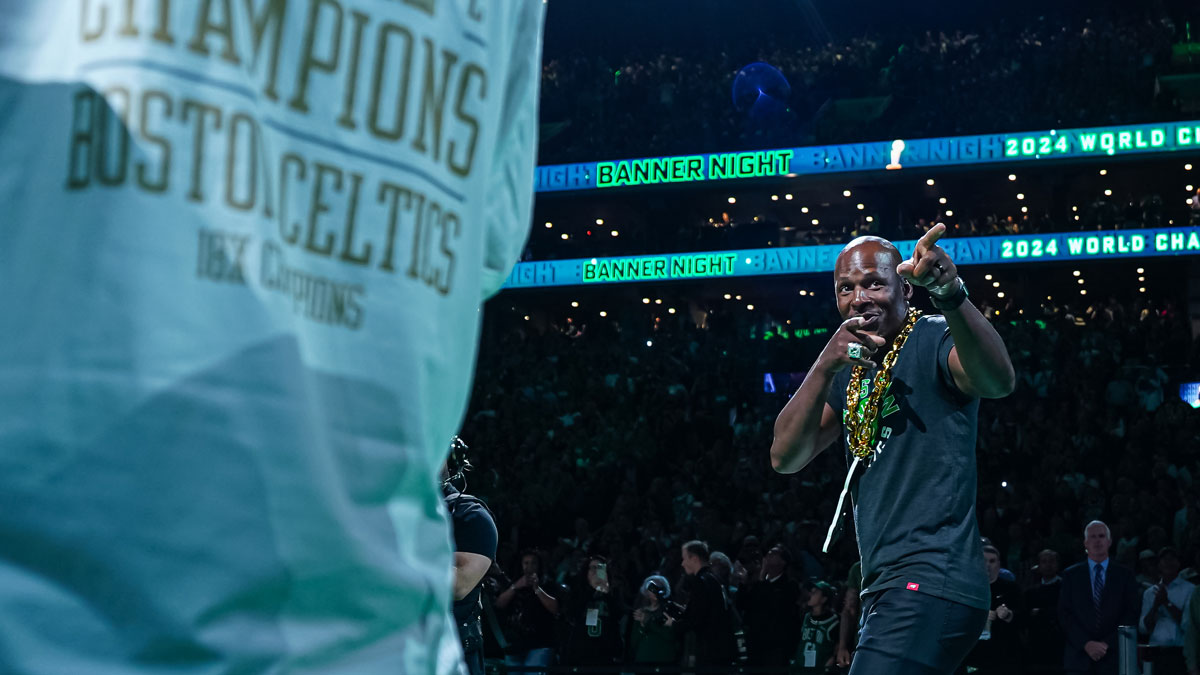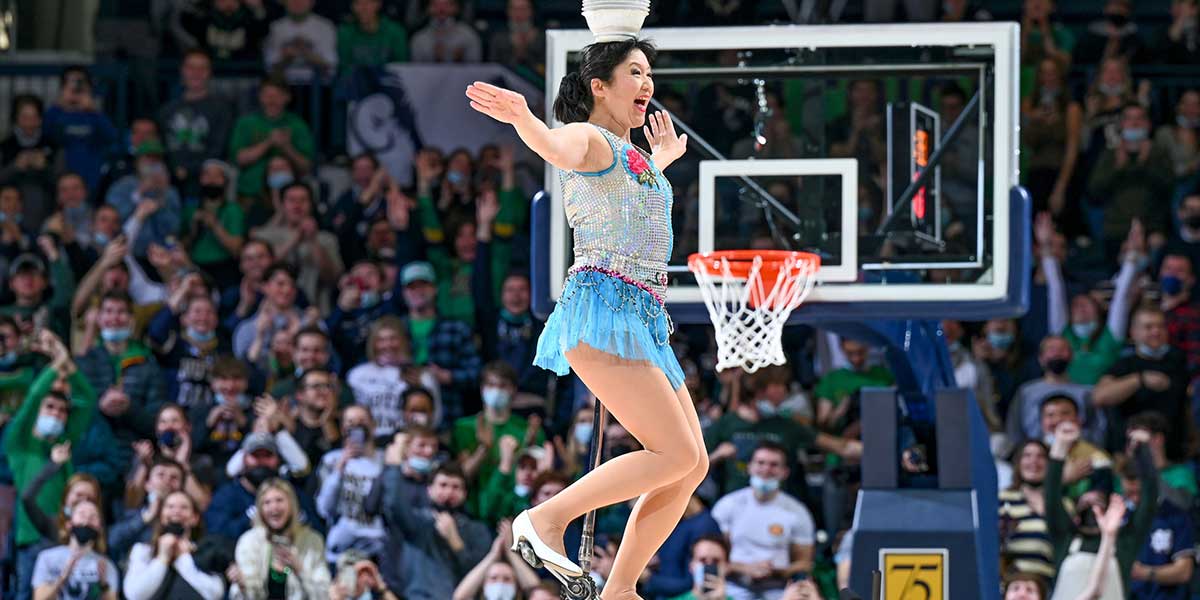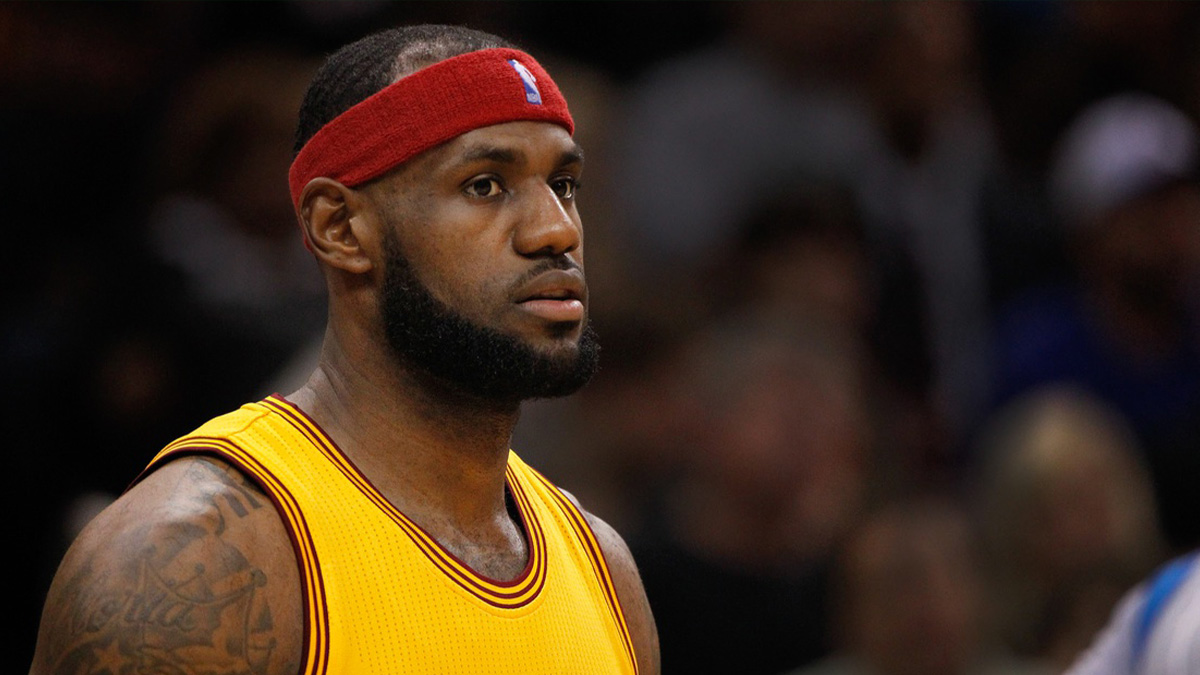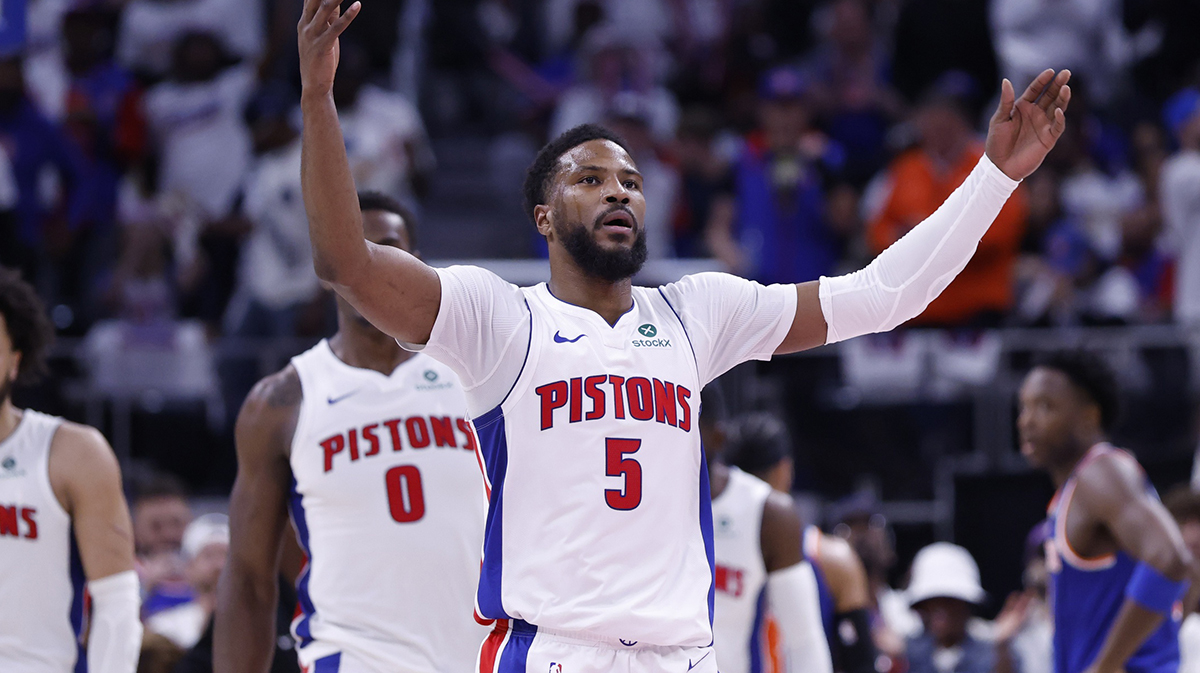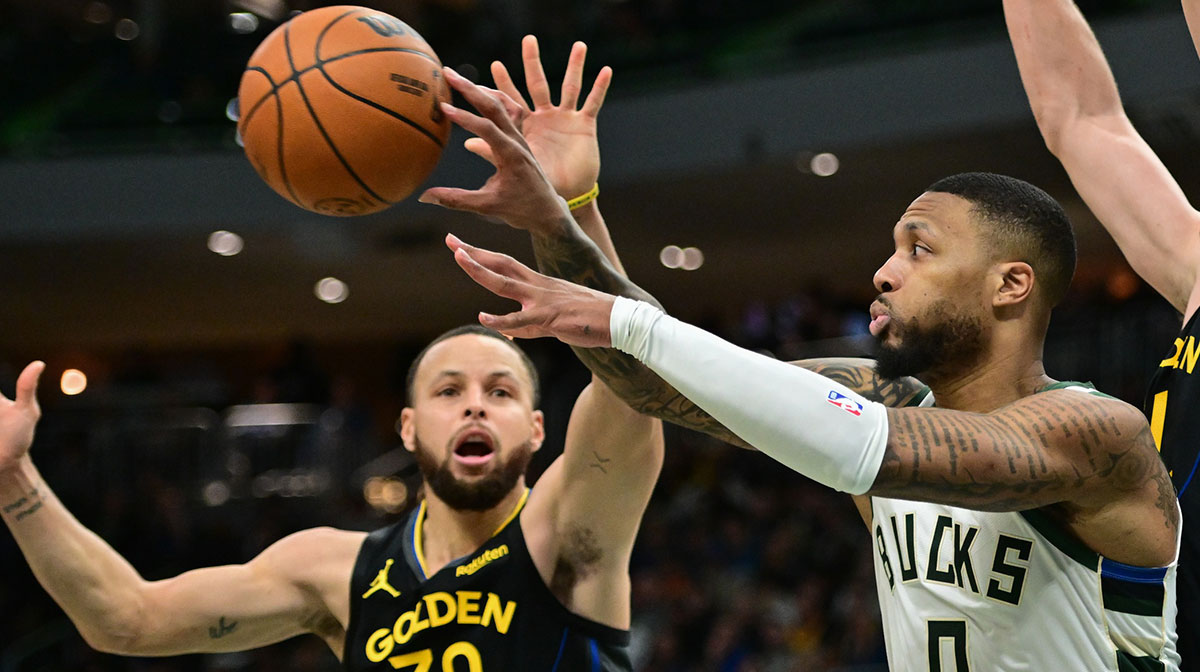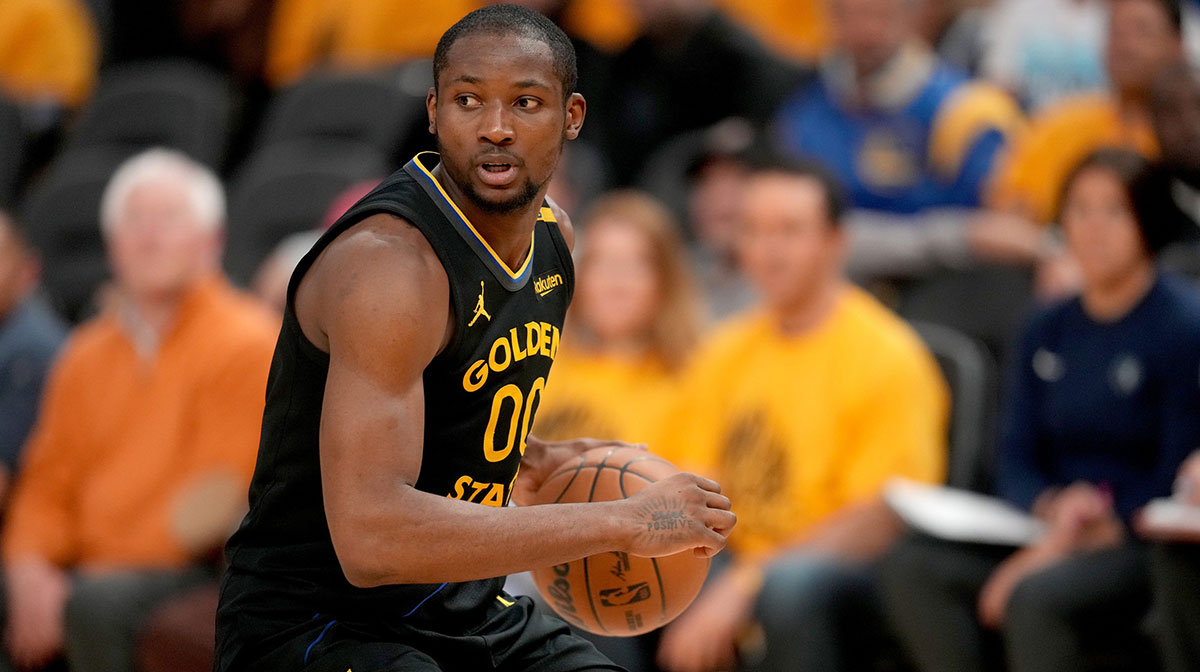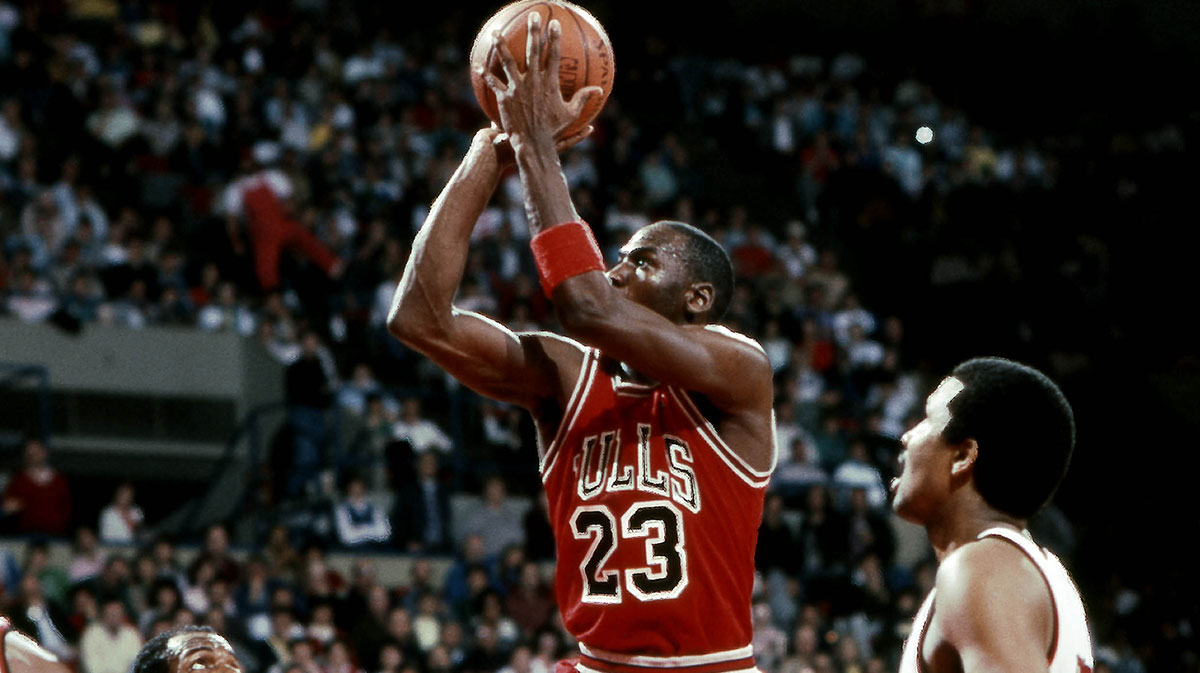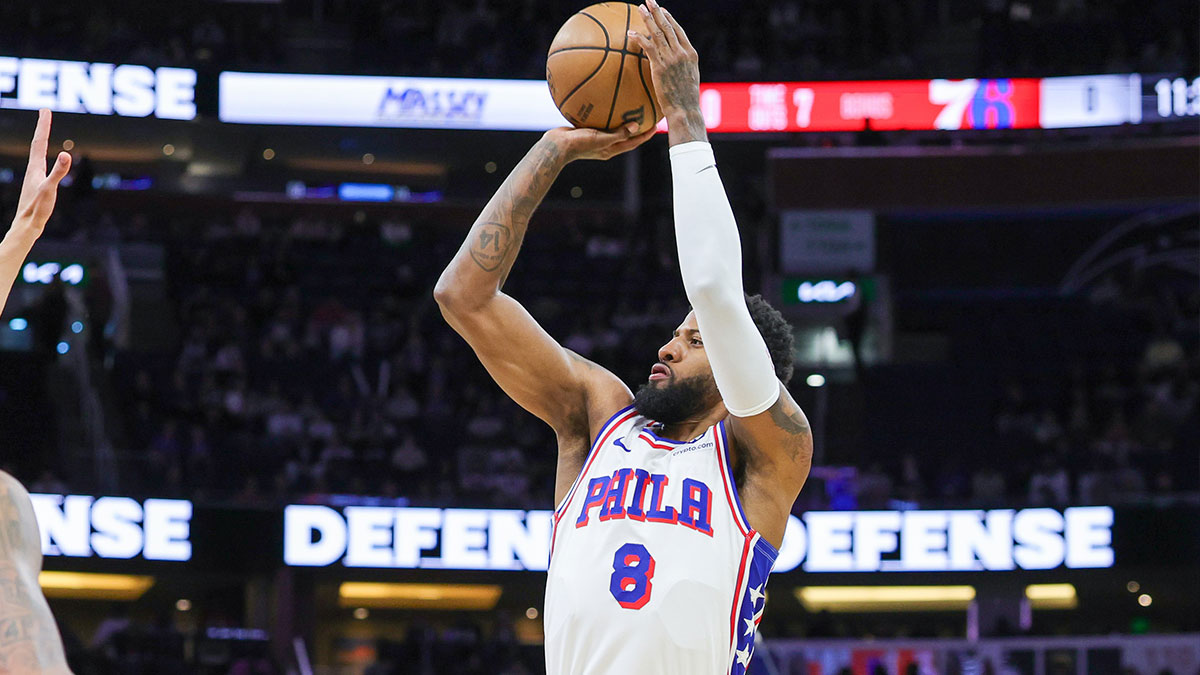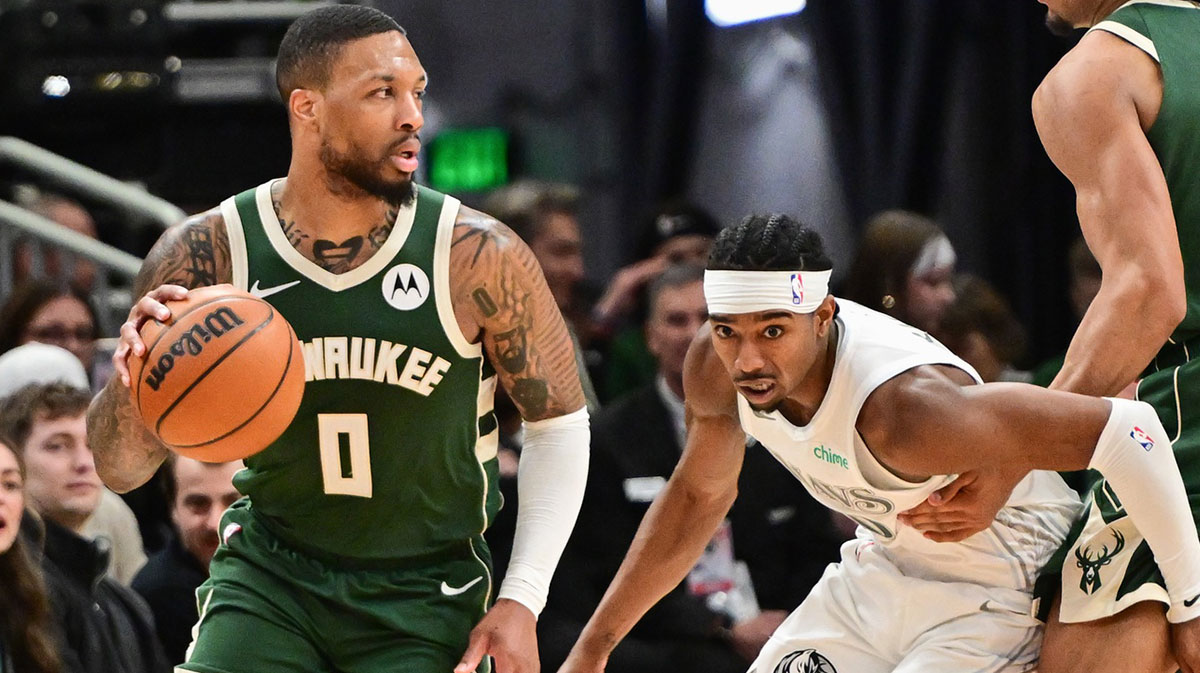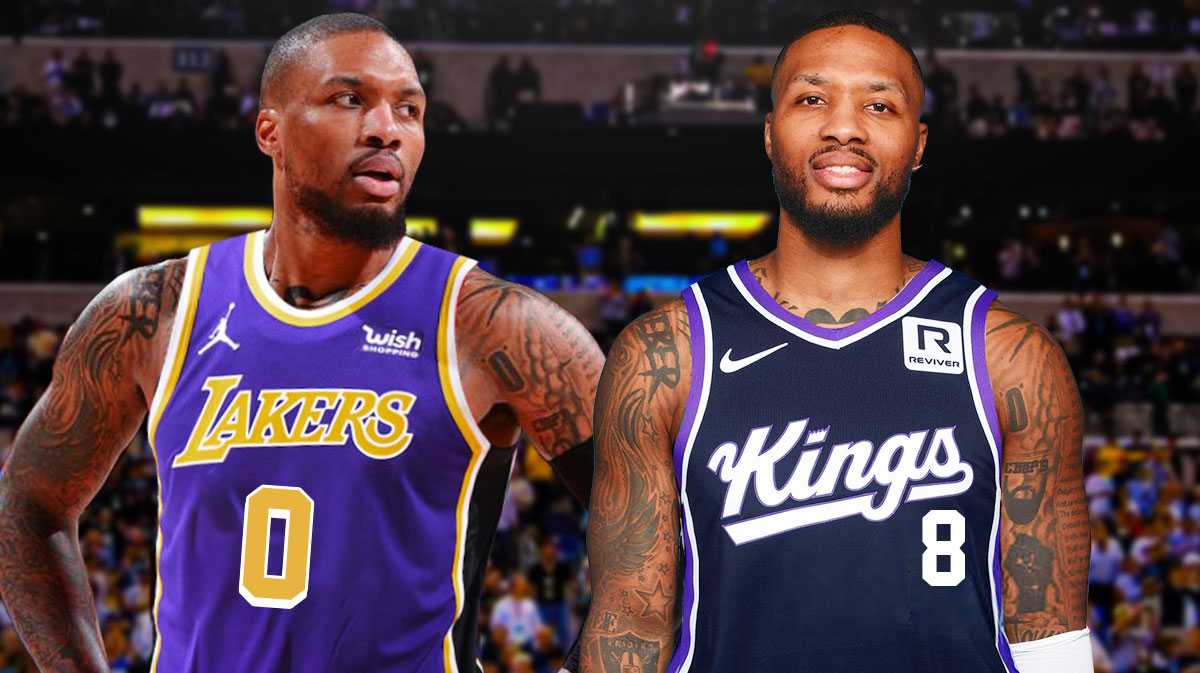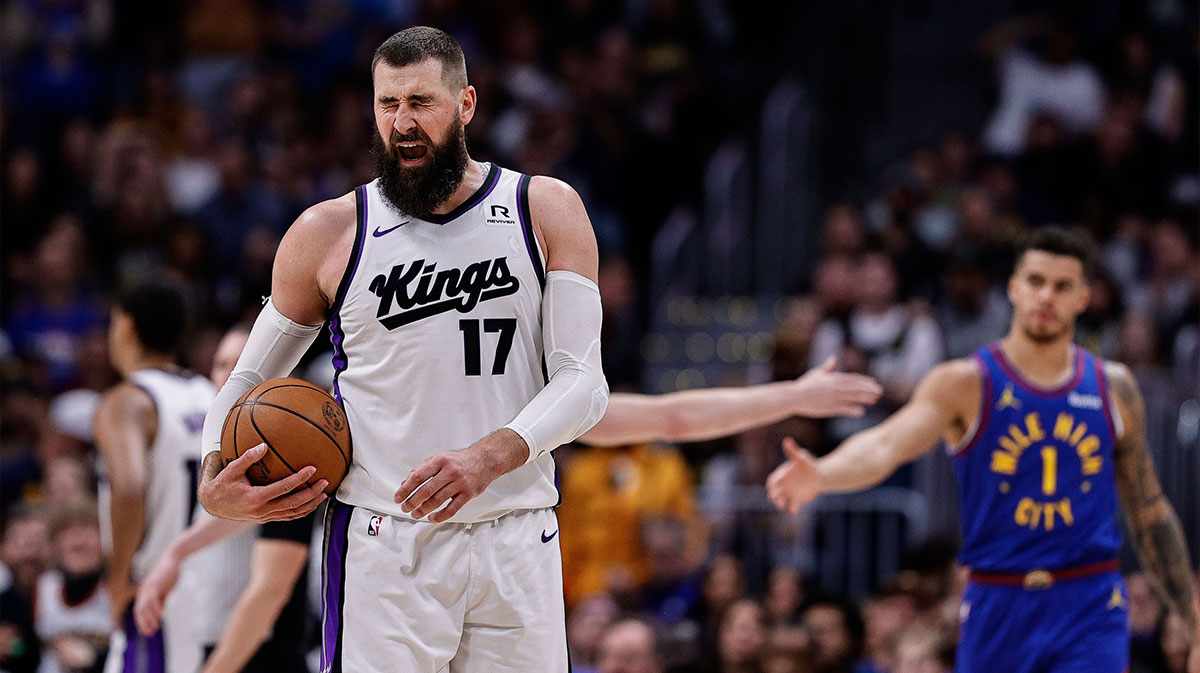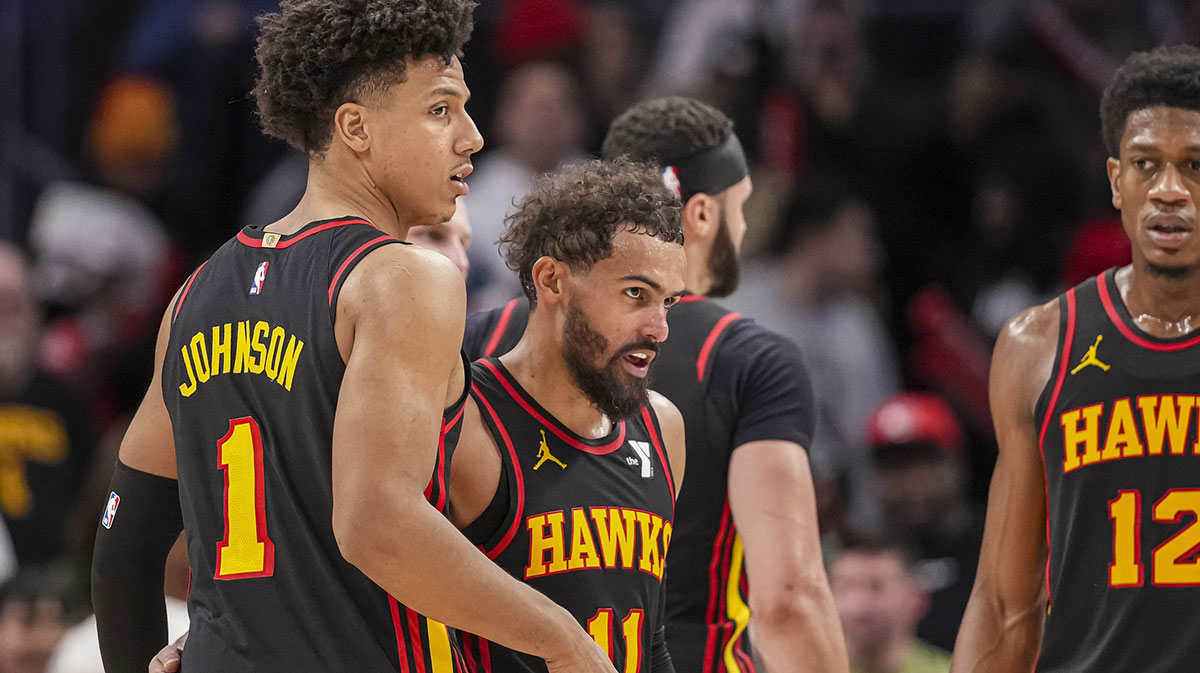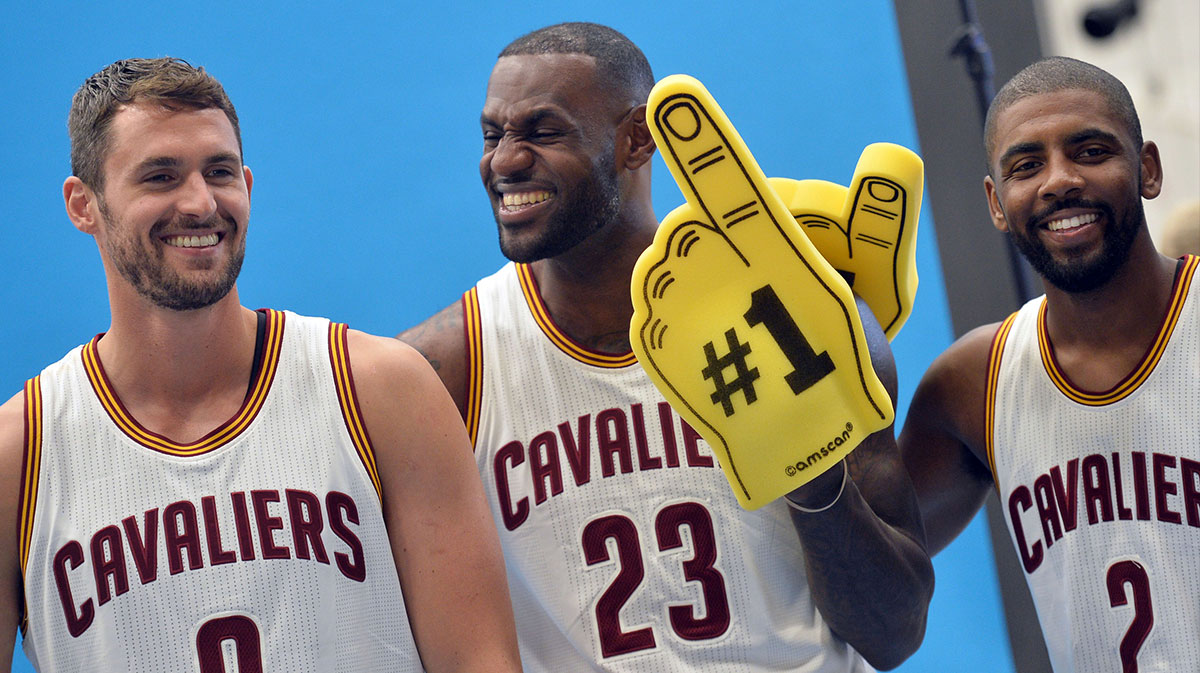The NCAA's new provision in the wake of high school players once again being given the freedom to choose whether to go to college or go pro has had its share of criticism. Rich Paul, founder and CEO of Klutch Sports Group and Head of Sports at United Talent Agency, found himself excluded — the NCAA is requiring a bachelor's degree among its qualifications to represent a high school product during a time of vital decision-making.
The rule was soon monikered “The Rich Paul Rule” given Paul's decision to forgo college and go straight into business with his company. Many NBA players have expressed their displeasure with the NCAA's ruling, some speculating that it's inherently targeting Paul for his education and trying to keep him from dominating that part of the scene.
On Monday, Paul wrote an op-ed for The Athletic, denouncing the NCAA's new rule as it fails to give those like him equal opportunity.
Paul claimed that despite the flattering dubbing of “The Rich Paul Rule,” it is technically inaccurate, though it does “have a significant impact on people like me and the NCAA should be called out for it.” Paul stated plainly that it “systematically” excludes certain people:
“I actually support requiring three years of experience before representing a kid testing the market. I can even get behind passing a test. However, requiring a four-year degree accomplishes only one thing — systematically excluding those who come from a world where college is unrealistic.”
Paul argued that this rule wouldn't so much have a bearing on him, but on those who look to follow his path and become agents the same way he did:
“NCAA executives are once again preventing young people from less prestigious backgrounds, and often people of color, from working in the system they continue to control. In this case, the people being locked out are kids who aspire to be an agent and work in the NBA and do not have the resources, opportunity, or desire to get a four-year degree.”
The known sports agent claimed that four years of college wouldn't necessarily make an agent more apt to represent a kid coming out of high school, but being someone who comes from a similar background has actually helped him connect with these prospects in a way they couldn't connect.
Paul urged the NCAA to look for alternate ways to not only keep the standards high for representing kids, but to also be inclusive to anyone who is pursuing athlete representation as a career pathway.

